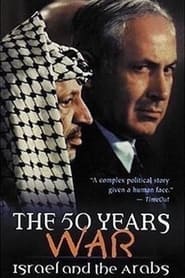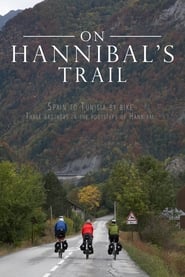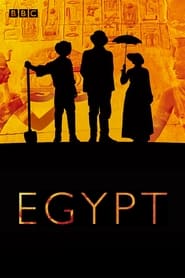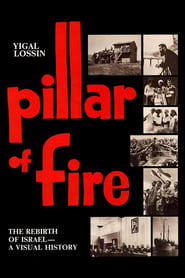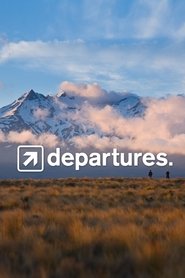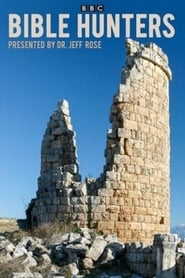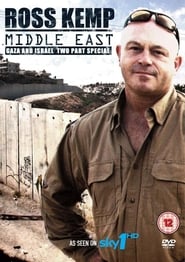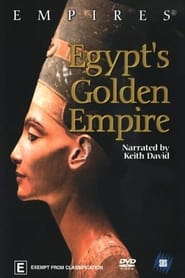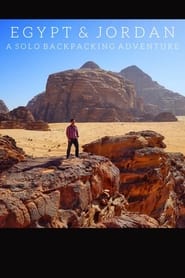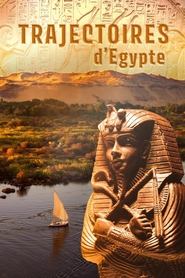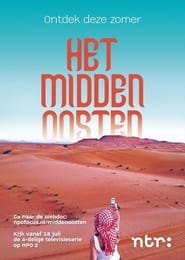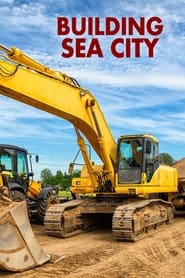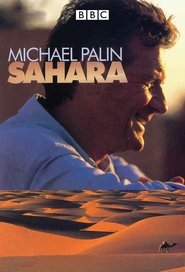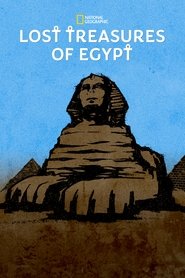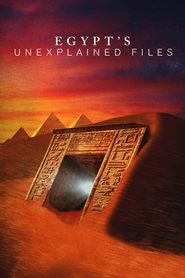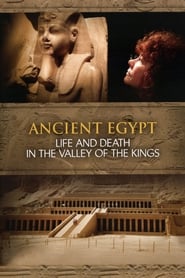
The Arabs: A Living History
A series of ten one-hour documentaries which explores Arab history, culture and society from within through the lives and opinions of Arabs today.
- Created By
- First Aired on
Jan 01, 1979
- Popularity: 0.3563
- 0 votes
- Networks
- (US)
 (GB)
(GB)
- Production
Video Arts TelevisionKufic Films B.V
- Status: Ended
Show Ended
1 seaons till Jan 01, 1983
Last episode: Arabs Now
Seasons & episodes
Total 1 seasons, 10 episodes

Season 1
Aired

Episode 1The Making of the Arabs min
The first film in this important series introduces the viewer to the rich variety of life, opinion and history that exists in the region we call the Arab world the lands which stretch from the mountains of Morocco to the deserts of the Arabian Peninsula, from the valley of the Nile to the Eastern shores of the Mediterranean Sea. Why do the 180 million people who inhabit these lands call themselves Arabs? As he journeys through this crucial region our writer and guide Basim Musallam talks to man and women from the four corners of the Arab world and searches for the source of the Arab identity which he and they share. The film starts in his troubled home city of Beirut; moves to Cairo; to the bustle of Kuwait; to the ancient and beautiful land of Morocco.

Episode 2Between Two Worlds min
What was Arab society like during the thousand year period following the decline of the Arab Empire? What memories, what feelings, does it provoke in the minds of today’s Arabs, caught as they are in the turbulence of 20th Century change? Abdelmalek Tazi is a member of an influential family of Fez, ancient seat of the rulers of Morocco. As Abelmalek plays with his children, looks for business contacts in the Arabian Gulf states, prays at his father’s tomb, or revisits his childhood haunts in the medieval quarter of Fez, our writer, Abdallah Hammoudi, questions how deeply the manners, beliefs, attitudes and values of the old Arab world penetrate the lives of modern Arabs. As he says: “Is it really possible to be an Arab in that traditional world and in the world of tomorrow?”

Episode 3The City Victorious? min
This film looks at changing fortunes in the traditional relationship between Arab city and countryside. We focus on one small corner of Cairo and one small village in the Nile Delta, sixty miles to the north. In the village we meet a young peasant, Mitwali Balah, and come to understand his arduous life which he wishes to exchange for the seemingly magical prospects of life in Cairo. The film follows the young man to Cairo where he seeks the advice and company of other migrant workers from his home village. Disillusion sets in and he returns to the Delta. The lives of these young peasants are looked at not only in the context of the overburdened, overpopulated Cairo of today but in the context of a 19th Century dream, of creating a city to rival Paris. Ever-present are the great monuments of medieval Cairo a potent reminder of the power that flowed from her when she was the greatest of all Arab cities.

Episode 4The Power of the Word min
The ancient Arabic language, transplanted, with the spread of Islam, from the Arabian Peninsula to Europe and the borders of China, remains the pivot of Arab culture today. Arabic, the language of the Quran, is the sacred language for all Muslims and has played a major role in shaping and maintaining Arab society. Poetry remains the forum for political debate, and major poets attract thousands to hear them recite their latest works. In the words of our writer, Khalida Said: “Poetry is the best witness to our crisis it’s our creative response to these bad times.” Paradoxically, war-torn Lebanon’s a meeting place of contemporary intellectual thought in the Arab world; still the publishing centre, still a refuge for poets, painters and novelists form troubled Arab lands; “the capital of the Arabs’ deepest wounds”.

Episode 5New Knowledge for Old min
900 years ago Arab Muslims were the world’s greatest seekers after knowledge and wisdom of the Greeks. Today that Arab scholarship is a natural part of the inheritance of all scientists and thinkers, not least of the modern generation of Arab research-workers, many of whom work in the new Institutes in the Gulf States which we visit in the course of this film. Abdulhamid Sabra, himself an historian of science, stresses the need for all modern societies to recognise and embrace their own scientific and cultural heritage. Only forty years ago Kuwait was dominantly a small community of traders, fishermen and pearl divers on the Eastern fringe of the Arab world. But there was already the promise of oil. The oil-generated wealth of the past twenty years has transformed Kuwait into a thriving, modern city state with highest per capita income in the world.


